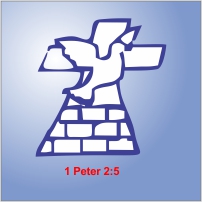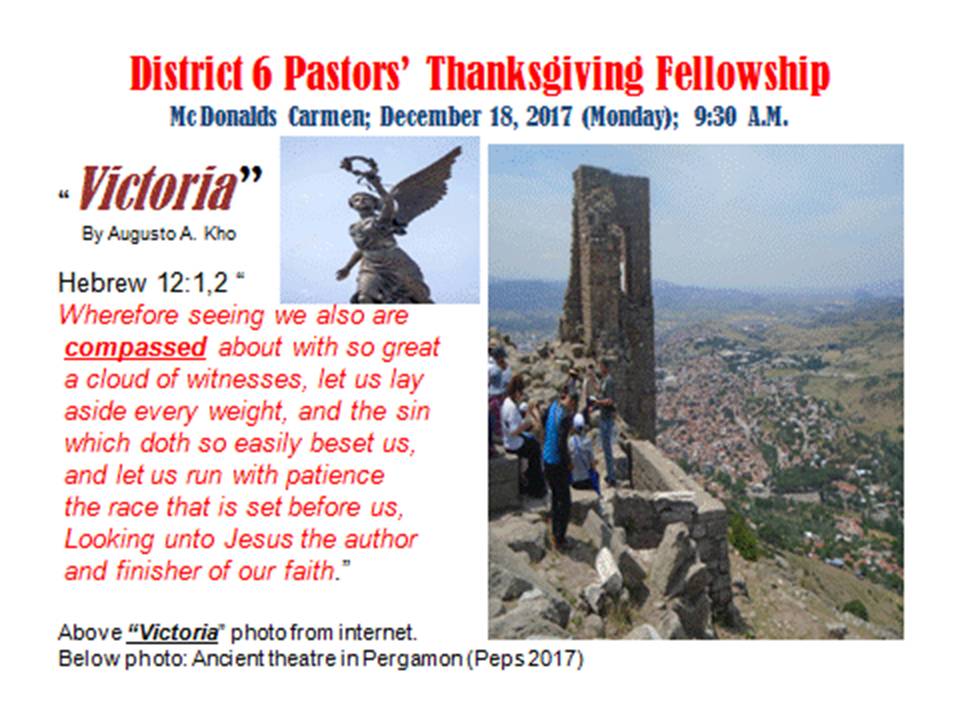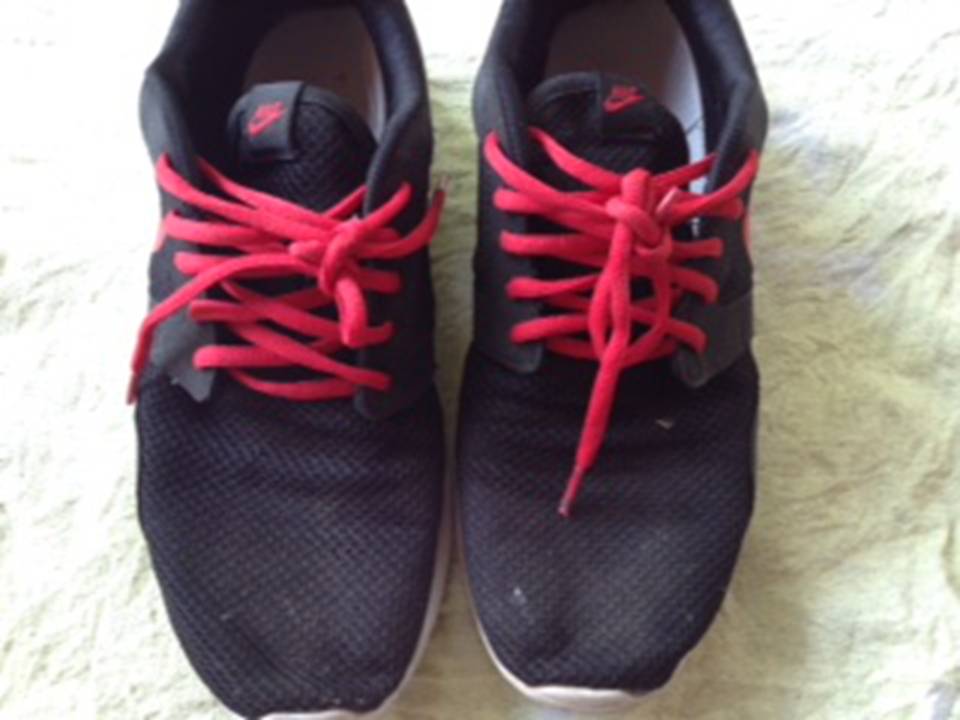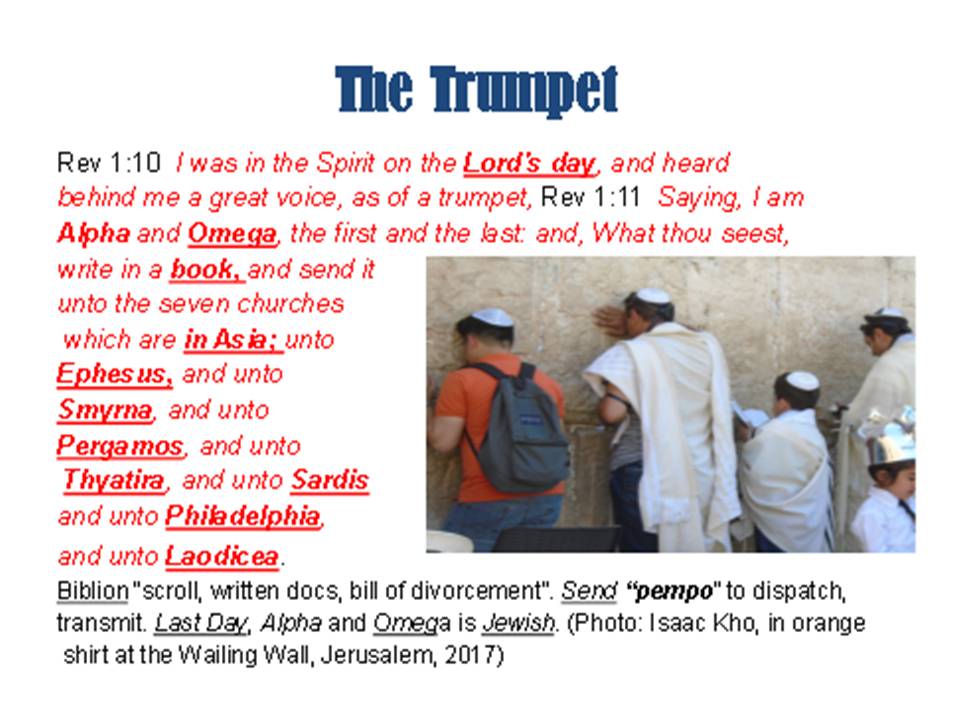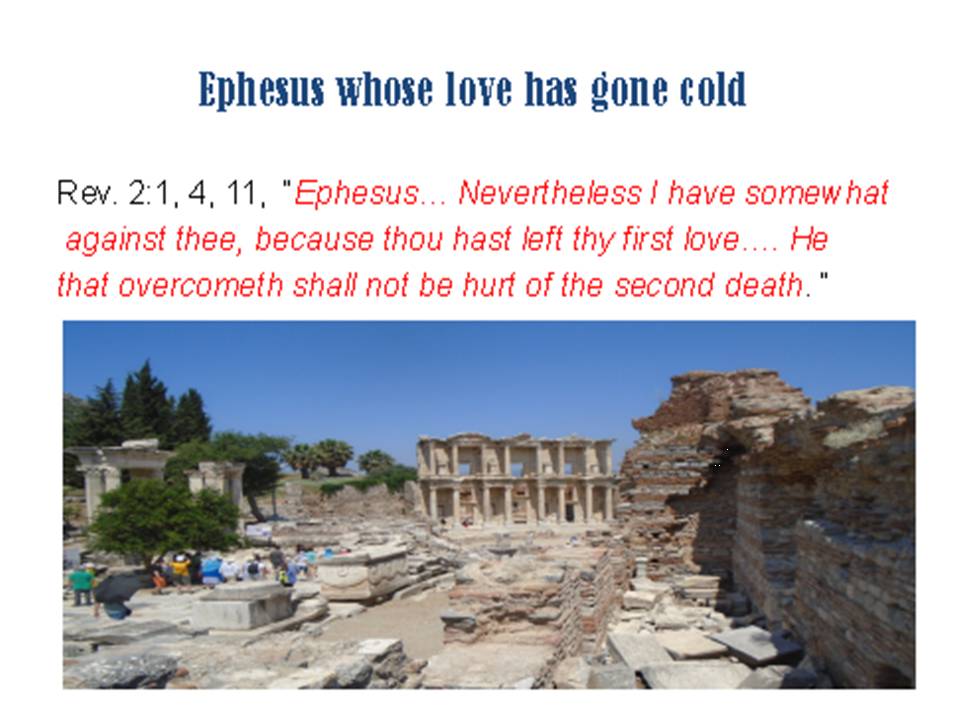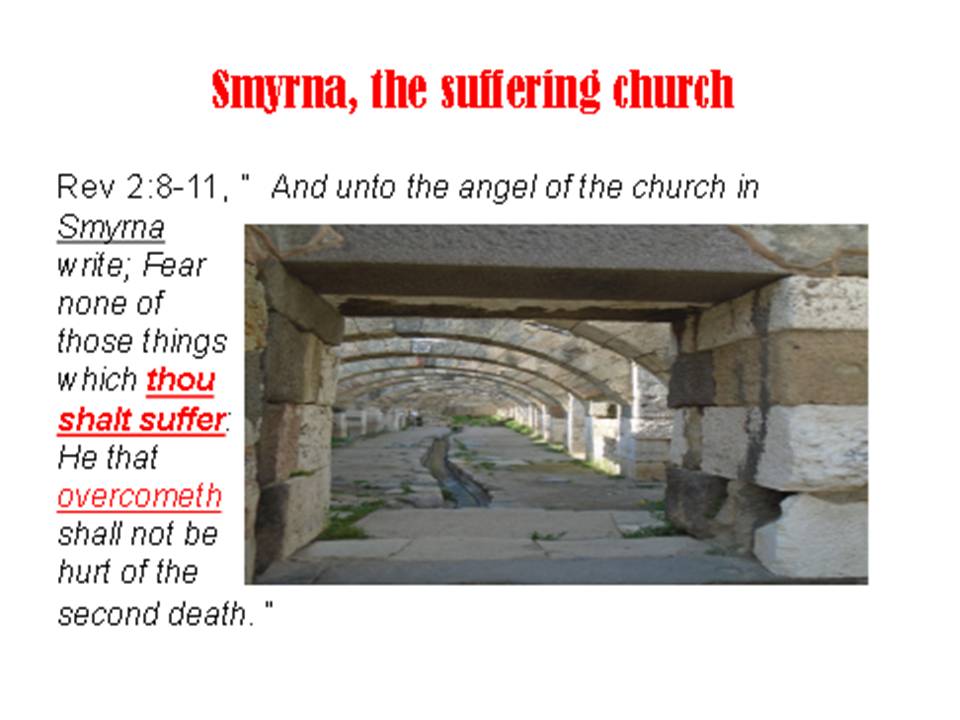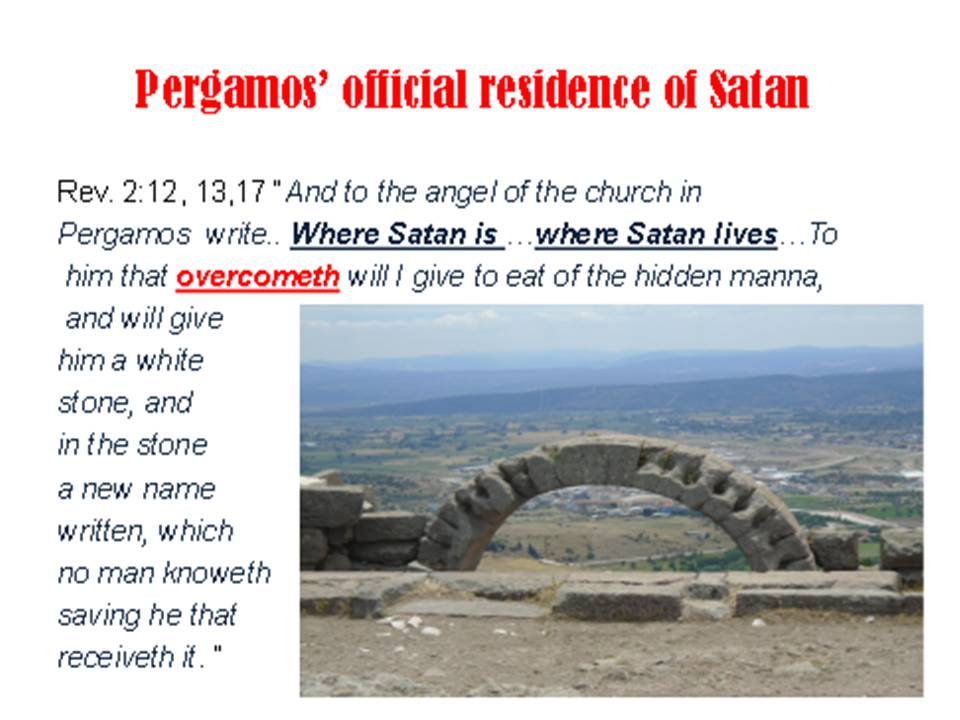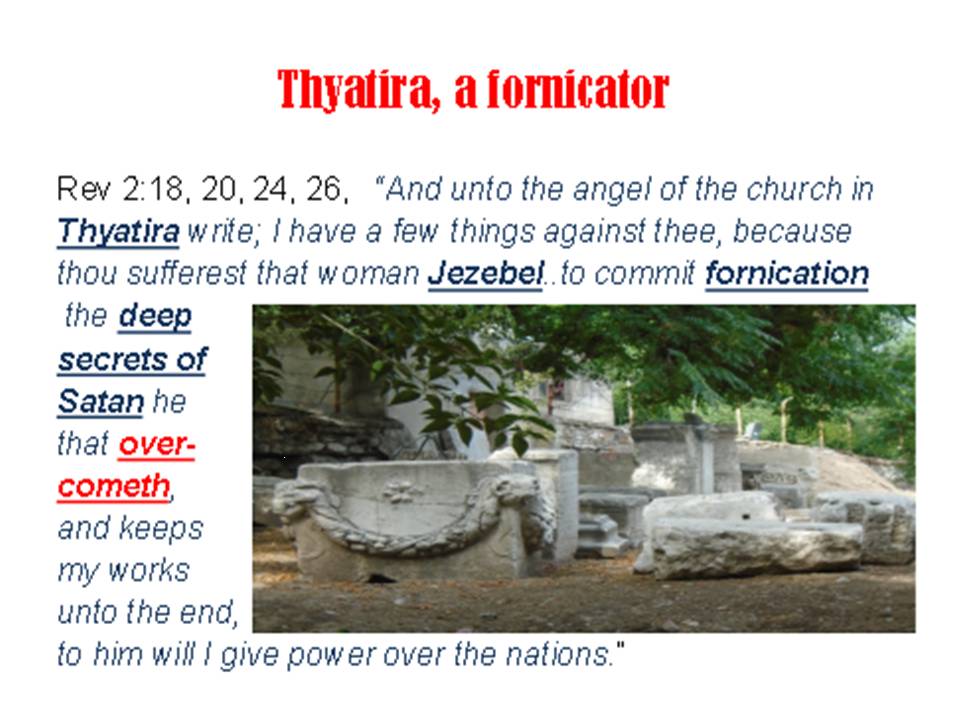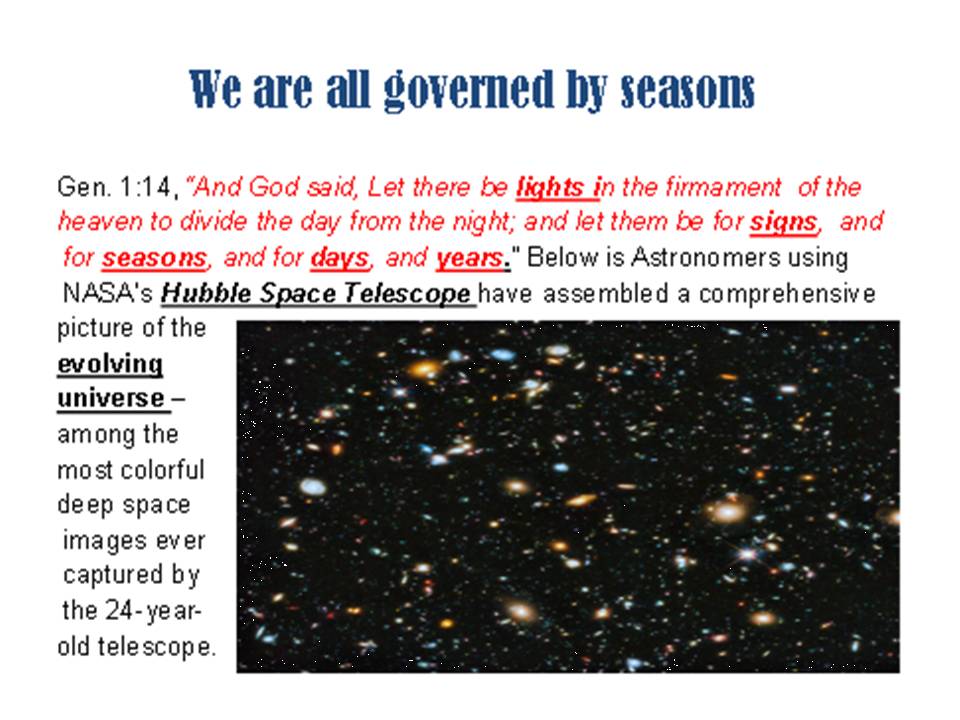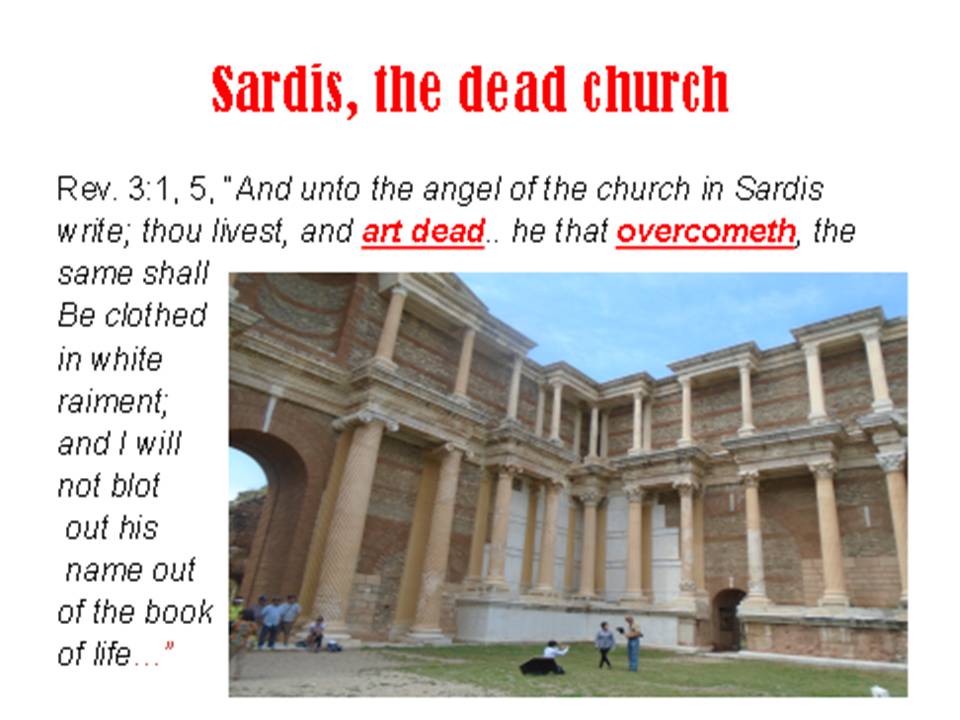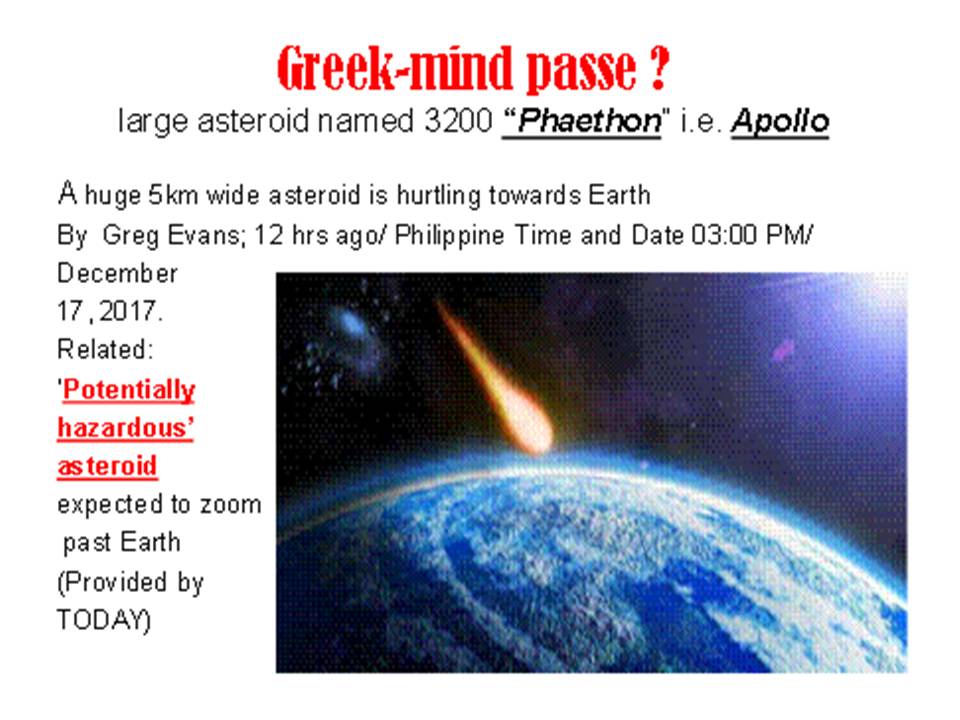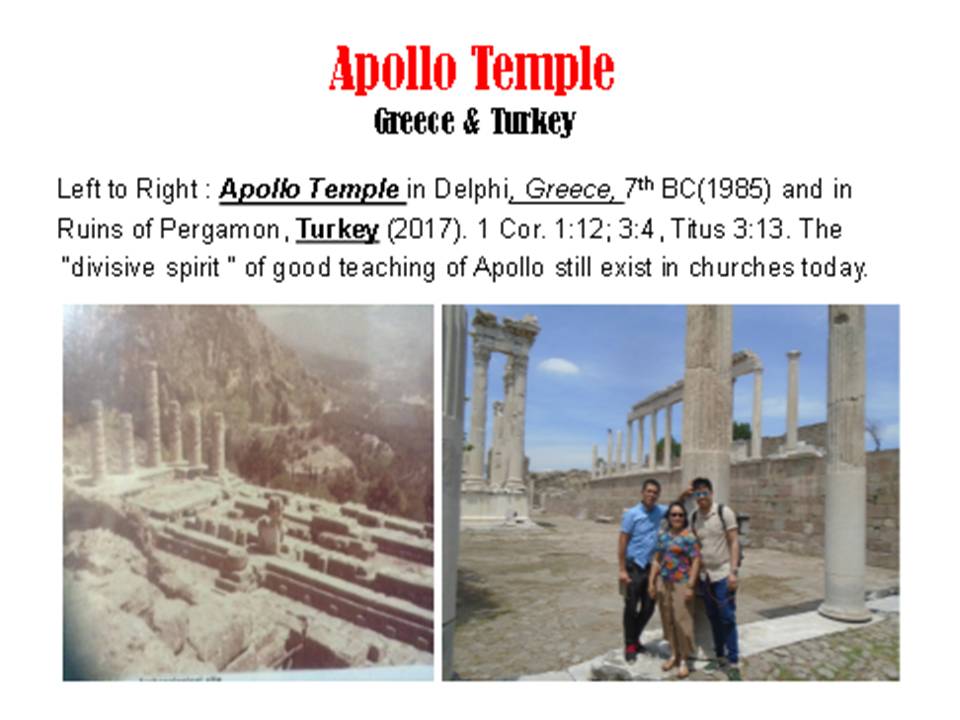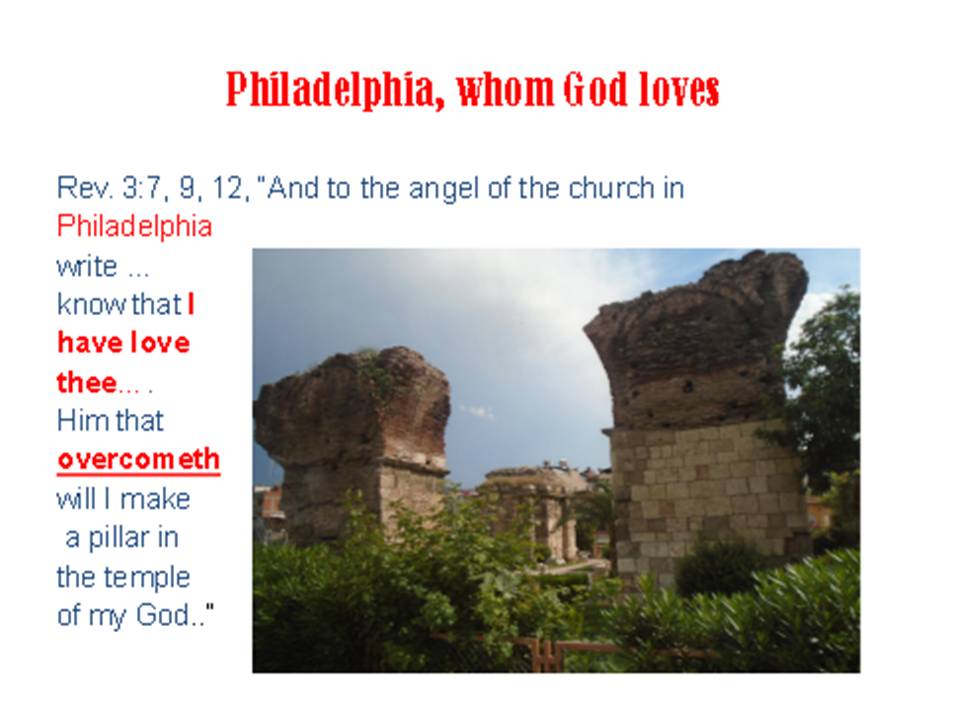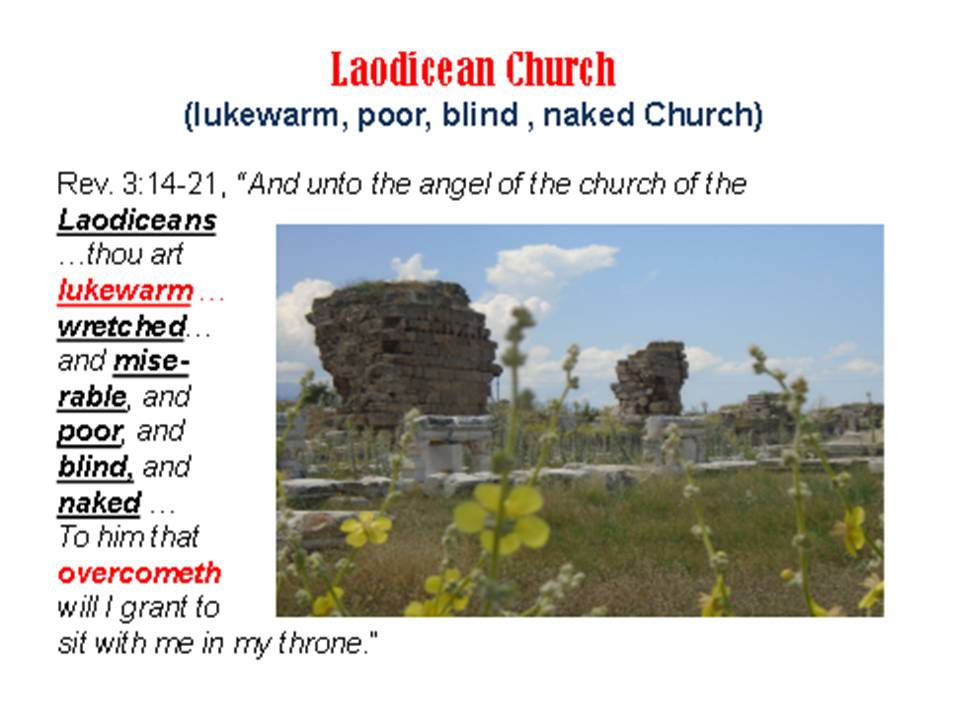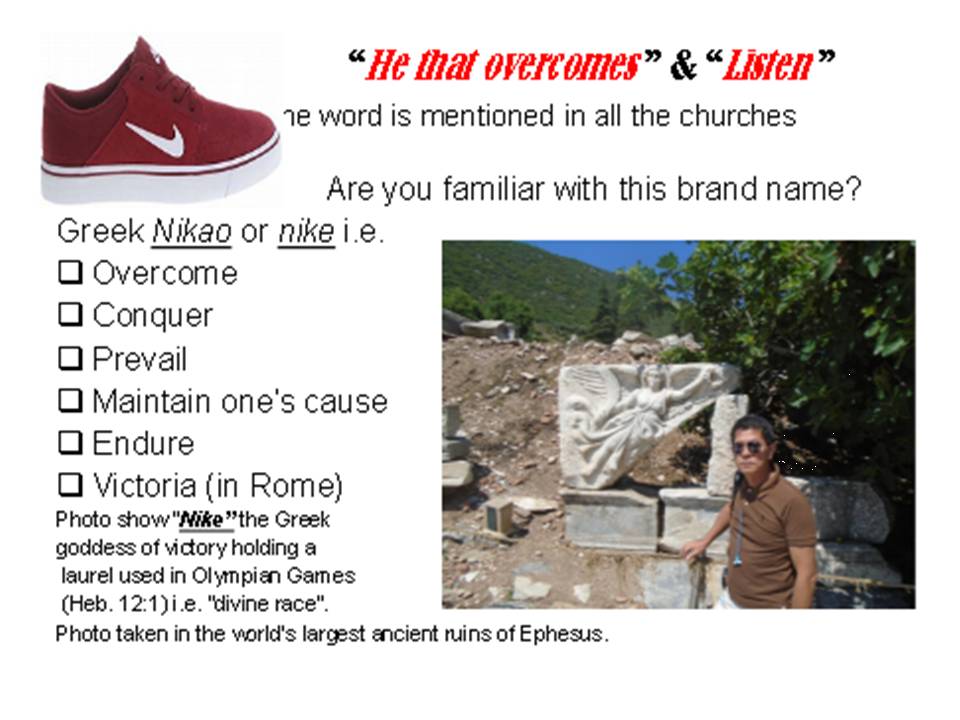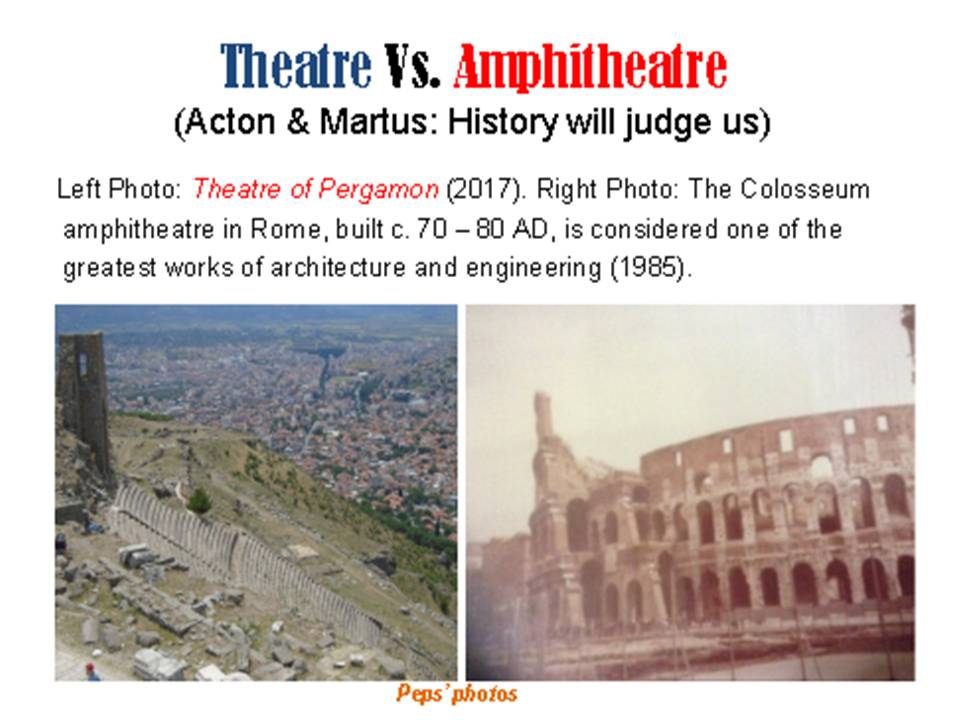Nike
- Details
- Category: Teachings & Articles
- Published: Monday, 15 January 2018 15:27
- Hits: 5210
"Nike”
Formerly entitled “Victoria”
By Augusto A. Kho
15th District 6 Pastors Thanksgiving
Mc Donald’s Carmen, Rosales, Pangasinan
December 18, 2017 (Monday) 9:30 A.M.
Updated January 10, 2017 (Wednesday); 11:35 A.M.
Updated January 13, 2018 (Saturday); 6:00 PM
I took the photo of Victoria in Rome from the internet. What this “Victoria” represents?
And how this word “Victoria” is related to what ARM President, Pastor Vic Disono earlier gave from his Welcome Address with these words, “We are more than conquerors through Him to love us…(Romans 8:7, ) we have gone through many hard times but we have conquered…” And how this Victoria or conqueror is related to the shoe brand, Nike?
(picture1)
The Reading says we are all “compassed” from the Greek word “perikeimai,” meaning we are “encircled around” just like we are inside an arena while spectators watch us how we compete to run our race. The photo on the right side is the City of Pergamon where then the world’s steepest theatre can be found. Asia Minor or Turkey which is very much of a very much Greek culture where theatre or entertainment or athletic competition is embedded in their way of life.
Competition
Christian life and ministry is like a entertainment or theatrical acts if not like a combative competition that requires endurance for survival. There are some plenty of hurdles that that can make a player falls that can cause irreparable injury or damage. Even Paul testified this when he said, “I press toward the mark for the prize of the high calling of God in Christ Jesus,” (Philippians 3:14). The word “press” from Greek “dioko” denotes figuratively as “one who in a race runs swiftly to reach the goal.” Yet the mark (Greek: skopos i.e. goal) must be once and for all the stimulus that makes a runner persevere to finish his race.
Many brethren have fallen. And some have not recovered from that fall. Others are still struggling nearly losing hope. But others if not few are still running his race for the blessed goal with a hope to receive the prize and complete his calling for Christ. So Paul said in 1 Corinthians 9:24, “Know ye not that they which run in a race run all, but one receiveth the prize? So run, that ye may obtain. “
Prize in Greek “brabeion” means “an award” which was obviously made mention several times in Revelation chapters 2 and 3 when Christ our Lord either awarded (commended) if not rebuked the Seven Churches of Asia which is the prophetic destiny of the Church.
Nike Shoes
I bought a Nike shoes along the street of Burnham Park in Baguio City last year. It is not a brand new but a used one. So it is not that expensive. And this Nike shoes is what I wore when we climbed Mt. Sinai. And how this shoe is related to what I heard from Mt. Sinai last June 1, 2017 (Thursday).
Our trek to Mt. Sinai started at past 5 A.M. We were there around 4,000 above sea level and while fast trekkers have gone ahead, around less than 15 of us were left behind the trail. We were about 580 pilgrims ascending the mountain.
I saw an obese brother of the Lord based in New York City on the side of the trail resting, together with an old English man probably age 80-82 and another Singaporean lady who was struck with asthma. Three or five brethren opted to remain behind ministering and praying over them.
I opted to continue climbing so I could join the majority when I heard the Lord speaking, “Your Christian walk is like a competition. Everyone wanted to reach the top leaving behind the sick, the weary and the fallen.”
Then I remember this words that says, ““Wherefore lift up the hands which hang down, and the feeble knees; And make straight paths for your feet, lest that which is lame be turned out of the way; but let it rather be healed, “ (Hebrews 12:12-13).
Christian walk is a journey of competition at times. Others wanted themselves to be first, while the rest are left behind struggling, weakening, and dying as if no one cares for them. And it reminds of many fallen leaders or pastors whose journey are either on hilt or being suspended. Some of us who are stronger enough make their failings a butt of joke, jest or insult instead of encouraging them to stand up again and stand up where they have fallen.
Then the Lord reminded me four names of pastors based in Pangasinan and prompted me to intercede in their behalf
Immediately I hid myself and knelt before a massive rock and wept bitterly in prayer and intercession for nearly 20-30 minutes.
(picture2)
Nike shoes, a second hand one which I bought from Baguio last year
Knees and feet
Knees and feet are used for our mobility. It also speaks for the preparation of the preaching of the Gospel in Ephesians 6:15) and feet are commended as “beautiful” when used to share the Good News in Romans 10:15 which is derived from the Book of Isaiah 52:7. Feet become beautiful if adorned with shoes In Song of Solomon 7:1.
Shoes or sandals
Shoes, sandals or any protective gears are necessary to protect our feet from blister to ensure comfort and easy mobility or movement as we walk or travel. And we wear various kinds of shoes depending on the occasion. And Nike shoes are often used as sportswear if not for long, tedious walk.
When I was still working with the airline, I was very much fond of shoes. I love Bally Shoes of Switzerland and I bought myself Gucci shoes at Gucci House in Rome; another YSL shoes in YSL Paris, France; Clark and Florsheim of USA.
When I decided to do a fulltime ministry, I dreaded that I could no longer buy the shoes I preferred but last year someone gave me an original new Bally shoes from Switzerland worth $700.00. And this happens only once in awhile.
In the Old Testament time during LORD’S Passover, God commanded all the Israelites to put their “shoes on their feet” (Exodus 12:11) in preparation to flee from Egypt to the Promise Land. Shoes also denote one’s strength in Deuteronomy 33:25.
And the Lord provided the Israelites sandals that never worn out during their 40 days in the wilderness as a means of protection (Deut. 29:5).
When President Bush visited Iraq, one local Muslim reportedly threw his shoe on his face but did not hit him. Shoes can be a blessing or a curse among the Middle Eastern culture. Throwing a shoe on one’s face means degrading or insult (Psalm 108:9).
And in Ruth 4:7, a shoe is necessary is seal a covenant which was exactly did by Boaz who became a kinsman-redeemer when he bought the parcel of land by then departed Elimelech thus also taking Ruth as his wife. Christ is a kinsman-redeemer.
In the New Testament time, putting back shoes on ones’ feet denotes redemption and restoration one’s sonship and inheritance when the good father commanded his servants to put shoes on the feet of his once lost and dead prodigal son in Luke 15:22.
In other words, the Gospel of Christ or the Good News is like our shoes that gives us mobility to usher our journey from the beginning to end and only the LORD JESUS is the Only WAY (John 14:6) being the Alpha and the Omega, the beginning and the end (Revelation 1:8) that can make us succeed to complete our journey to the final destination.
Without the Gospel that serves as a feet of our exodus or journey, where are we heading for?
Unfortunately, the Gospel of Peace is considered a “stumbling block “ to the Jews and “foolishness” to the Greeks according to Paul in 1 Corinthian 1: 18-23.
So Nike shoes or any brand of foot wear can bring mobility and comfort to one’s journey which I will discuss later.
Palawan 2002
It was late 2002 when I heard Him saying, “Why thou hast forsaken Me?” while I was in the middle of the National Prayer Gathering (NPG) in Puerto Princesa. I was then seated on the Upper Box of the Gymnasium. I asked Him, “How did I persecute you?” His reply was, “You have forsaken my sheep” and the Lord God is referring to my self-seclusion from the Body of the Christ in my own hometown.
During that time I was no longer active in the Pastoral Movement. I merely concentrated in our church and to our various church activities. Even Apostle Paul have withdrawn himself from the brethren and he had two years of self-contemplation in the wilderness of Saudi Arabia (Galatians 1:17)
When I came back to Rosales I had to go back to the stream of fellow workers in the Lord. We started this once a year Fellowship or Thanksgiving until two years later, I decided to bring this on to the whole Eastern Pangasinan. Until year by year, we started celebrating it.
The Scriptures says that the Church must be built to the foundation of the prophets and apostles (Ephesians 2:20). Pastoral Chairmen are likeness to apostolic call. They are the heads of heads, pastors of pastors. Not literally an apostle but assuming the office of an apostle to gather God’s leaders. Apostle is “apostolos” in Greek meaning “the sent one.” To the pastoral chairmen, if something happens to the flock of God, the Lord will require their blood from their hands.
I am being branded as a false prophet. Trueor not? It is because they often hear me saying, “the Lord says”. Should I quote something what has been said from the Asian Theological Seminary (ATS) or from other people or shall I say, “The Lord saith?” I would rather hear from the School of the Spirit rather from other secular schools of men.
End-Time Church
Christ has given the Book of Revelation to his servant John to give us a sign how the end time Church would gonna be Perchance He does not want us to be misled and at the same time for give us a good preparation for His Coming.
(picture3)
This revelation was given specifically for John, the Beloved which means not all everyone can receive the rhema of God. God gives the mysteries to whom it pleases Him.
The words “shortly comes to pass”: is derived from the Greek work “ginomai” referring to future “events” which means “circumstances” that will occurs at anytime pertaining to political, economic, religious or whatever. And this “events” or “circumstances” or “occasions” are for us as signs or omens to give us His divine directions. God is a God of Signs that is why we call Him Jehovah-Nissi (banner, emblem, insignia).
The Trumpets
The sign of His coming will be marked with the sound of a trumpet (1 Thessalonians 4:16). In the Old Testament times, the sounding of trumpets varies according to the occasion be in the time of war, warning, celebration, or proclamation of a king.
According to John, the Lord’s Day will be marked with His voice like a trumpet that sounds an alarm to the End-Time Seven Churches in Asia.
The Book
The coming of the Beginning and the End is well-recorded. A book is mentioned there which is interpreted “biblion” in Greek which means “a scroll, a written document, bill of divorcement, decree.” Anything written is a decree or law and cannot be changed anymore (unless amendments are made). It is final and executory just like what a court has decreed. And this law or book is ready for dispatch. The word, “send” means “pempo” in Greek which means “to transmit” which is in the form of subpoena in technical term being used by the court today In the Court of Law, once a decree or ruling has been made it is then ready for transmittal to be transmitted to the accused or respondent.
(picture4)
For John, he is trumpeting the prophetic word of God in the end-time. Will he be charged for false prophesy by the church today?
Seven Feasts of the Lord
Leviticus 23:4, “These are the feasts of the LORD, even holy convocations, which shall proclaim in their seasons. ”
Feasts in Hebrew “moed” appointed time, meeting or place; appointed signs and signals. These seven feasts were given to us as indicators for His Coming. Convocations “miqra” means “a rehearsal, public meeting.” Perfection is a result of rigid rehearsals. The more you do it, the more you can perfect it without fail. These feasts are rehearsal for us that we may perfect our walk in the Lord until He comes. Seasons or “moed” is also means “ a sacred feast or meeting; appointed time.” The Breaking of the Bread is a sacred feast and we do it over and over again until Christ returns (Matthew 26:29)
Governed by seasons
We are all governed by the seasons. Genesis 1:14, “And God said, Let there be lights in the firmament of the heaven to divide the day from the night; and let them be for signs,
and for seasons, and for days, and years.”
All events in the affairs of men are governed by seasons under the Natural Science or Astronomy. There could be no 24 hours a day without the moon and sun revolving according to their divine and natural pattern.
The Church Age, the Rapture, the Coming of the Lord’s Day, the Millennial Reign of Christ is all governed by seasons, times, epochs, etc.
If you notice, all the Summer Feasts have been fulfilled already. Only the Fall Feasts remain as our indicator of the end of age.
Summer Feasts
-
Passover……………..Fulfilled. Christ as Passover Lamb (1 Cor.5:7).
-
Unleavened Bread…. Fulfilled. The Sacramental Bread (Latin: hostia) speaks of
Christ (John 6:35)
-
First-fruit …………...Fulfilled. Jesus is the first fruit from the dead.
-
(1 Cor. 15:20-28)
-
Pentecost ………….. Fulfilled. Christ as Baptizer of Fire (Matt. 3:11; Acts 1:8)
Fall Feasts
-
5. Trumpets………… Yet to be fulfilled. Christ, trumpet’s voice
(Heb.12:2, 19, 26)
-
6. Atonement …………Yet to be fulfilled
-
7. Tabernacles……… ..Yet to be fulfilled
(picture5)
Churches today
See the churches today and you see one character of the church to another that resembles what John the Beloved have seen in a vision in the island of Patmos thousands of years ago. Are they not a mere signs or indicators of the End-Time Church?
The Church who is the Bride of Christ seemed to be not yet ready in her sparkling stained- free dress of purity and holiness to meet her Groom Jesus Christ. Churches today have not yet outgrown her divisive, apathetic, immoral, Nicolataitan or Jezebelian culture. Will the Churches as mentioned by John are doomed to death and wrath of God?
The Church of Smyrna in Revelation 2:8 and the Church of Philadelphia 3:7 are likely the only two out of Seven Churches in Asia that are well-commended while the rest were all rebuked.
The “unfaithful church” Ephesus for example was rebuked by Christ saying “thou hast left thy first love,” was still given the chance when He said “To him that overcometh will I give to eat of the tree of life,” (Rev. 2:4, 7).
To the “fornicator church” Thyatira, the Lord Christ rebuked them saying, “Notwithstanding I have a few things against thee, because thou sufferest that woman Jezebel, which calleth herself a prophetess, to teach and to seduce my servants to commit fornication,” yet the church was still given a chance when the Lord assured them saying, “And he that overcometh, and keepeth my works unto the end, to him will I give power over the nations, “ (Revelation 3:18, 20, 26).
To the “dead church” called “Sardis”, Christ rebuked them saying, “thou livest, and art dead,” yet Christ has still given them hope when He said, “he that overcometh, the same shall be clothed in white raiment; and I will not blot out his name out of the book of life, but I will confess his name before my Father, and before his angels (Rev. 3:1, 5).
To the “lukewarm church” called Laodicea, Christ rebuked them saying, thou art lukewarm, yet He still encouraged the remnants saying, “ To him that overcometh will I grant to sit with me in my throne, even as I also overcame, and am set down with my Father in his throne,” ( Rev 3:16, 17, 21 ).
Overcomer
The Lord Christ is still giving all the churches a good chances when He said, “he who overcometh” regardless of their miserable state or conditions
The word “overcometh” in King James Version (KJV) is interpreted on several terms like “victorious” in New International Version (NIV) and New Living Translation (NLT) ; “conquers” in Amplified Bible and ESV refers to the Greek word “Nikao” or in English word “Nike” where the brand name of the shoe company is named after.
Nike
Nike (Nicé) was the winged goddess of victory--victory both in war and in peaceful competition. Nike was closely identified with the goddess Athena and at times was little more than an attribute of the goddess.The word nikē is of uncertain etymology. R. S. P. Beekes has suggested a Pre-Greek origin.
(picture7)
More than Conquerors
Strong Bible Dictionary defined “conqueror” as “to subdue, conquer, overcome, prevail and get the victory.”
Paul declared, “We are more than conquerors through him that loved us,” (Romans 8:37) refers to the Greek “hupernikao” means “to be more than conquers” or “to gain a surpassing victory.”
It derived from the two Greek words, “huper” and “nikao” which means “in behalf of” and “conquest of Christians who hold fast their faith even unto death against the power of their foes, temptations and persecutions” according to Thayer Bible Definition.
Meditating Romans 8:35-39, you will notice that Christian life is not merely a journey of life but walking though a lot of hurdles in reaching one’s destination as if competing in a very difficult race to win for the prize.
The attacks from left to right start from mild to severe blow be it physical, emotional, mental or spiritual and only THROUGH Christ alone that we can reap a victory. The word, “through” from the Greek word “dia” (deeah) simply suggests “by the reason of.” It simply means “victory or conquest” is not our accomplishment but of Christ’s alone.
Nikao or Nike has a Roman counterpart named “Victoria” which is the “Roman goddess of victory.”
American archaeologist Mark Fairchild explained to us when we were in the ruins of Pergamon theatre that plays or acting (like an actor) is embedded in the Greek culture yet it should not be misrepresented as amphitheatre. Amphitheatre he said is where the uncompromising Christians were often thrown to be eaten by the beasts or murdered as martyrs.
Witness in Acts 1:8 are called martus or martyr.
Revelation 12:11, “ And they overcame him by the blood of the Lamb, and by the word of their testimony; and they loved not their lives unto the death” speaks of martyrdom.
This is exactly what Hebrews 12:1 described when it says, “Wherefore seeing we also are compassed about with so great a cloud of witnesses, let us lay aside every weight, and the sin which doth so easily beset us, and let us run with patience the race that is set before us, “ and the word “encompassed” is derived from the Greek word “perikeimai” meaning “ encircle” that best described an “amphitheatre ” not a “theatre” where martyrs are being persecuted, tortured and slain for public spectacle or viewing to the glee of the spectators.
Two types of Christians
In other words, there are two types of Christian: the first one is an actor (acton in Greek), a pretender or hypocrite The second one, is a martus (Greek) or martyr who is willing to die for the cause of Christ.
While the first one finds Christianity is a mere play or show like a showbiz in a theatre; the other one is a Christian who finds Christianity worthy fighting and dying for as a public spectacle in amphitheatre. It is for this reason that St. Paul said,
“For to me to live is Christ, and to die is gain, “ (Philippians 1:21)
Paul preferred his life to be an spectacle to the amphitheatre that Christ is worth dying for.
And dying for Christ conquers death and hell. That is why Jesus Christ said in Revelation chapters 2 and 3 to all the Seven Churches of Asia “He who overcomes in Greek NIKAO or NIKE or conquer or persevere or victorious” Our values and principles in life as like of Nike determines our spiritual walk.
(picture8)
NOTES
-
Scriptures are quoted in KJV unless otherwise specified
-
Some photos are taken from the internet
-
Sandals
Sandals (na'alayim) of leather were worn to protect the feet from burning sand and dampness.[1] Sandals might also be of wood, with leather straps (Genesis 14:23, Isaiah 5:27).[5] Sandals were not worn in the house nor in the sanctuary[1][5] (see (Exodus 3:5), Joshua 5:15). To walk about without sandals was otherwise a sign of great poverty (Deuteronomy 25:19) or of mourning (2Samuel 15:30, Ezekiel 24:17,23).
-
Theatre in Ancient Greek
The ancient Greek drama was a theatrical culture that flourished in ancient Greece from c. 700 BC. The city-state of Athens, which became a significant cultural, political, and military power during this period, was its center, where it was institutionalised as part of a festival called the Dionysia, which honoured the god Dionysus. Tragedy (late 500 BC), comedy (490 BC), and the satyr play were the three dramatic genres to emerge there. Athens exported the festival to its numerous colonies and allies in order to promote a common cultural identity. Only men were allowed to play female parts.
The word τραγῳδία (tragoidia), from which the word "tragedy" is derived, is a compound of two Greek words: τράγος (tragos) or "goat" and ᾠδή (ode) meaning "song", from ἀείδειν (aeidein), "to sing" (Merriam-Webster). This etymology indicates a link with the practices of the ancient Dionysian cults. It is impossible, however, to know with certainty how these fertility rituals became the basis for tragedy and comedy according Ridgeway (1910), p. 83
-
Amphitheatre
An amphitheatre or amphitheater according to New Oxford American Dictionary is an open-air venue used for entertainment, performances, and sports. The term derives from the ancient Greek (amphitheatron), from (amphi), meaning "on both sides" or "around" and (théātron), meaning "place for viewing” writes Henry George Liddell, Robert Scott, A Greek-English Lexicon, on Perseus and Hoad, T.F. (1996).
According to Bomgarnder, ancient Roman amphitheatres were oval or circular in plan, with seating tiers that surrounded the central performance area, like a modern open-air stadium. In contrast both ancient Greek and ancient Roman theatres were built in a semicircle, with tiered seating rising on one side of the performance area. In modern usage, an "amphitheatre" is theatre-style stages with spectator seating on only one side, theatres in the round, and stadia. Natural formations of similar shape are sometimes known as natural amphitheatres.
Ancient Roman amphitheatres were major public venues, circular or oval in plan, with perimeter seating tiers. They were used for events such as gladiator combats, chariot races, venationes (animal hunts) and executions. About 230 Roman amphitheatres have been found across the area of the Roman Empire. Their typical shape, functions and name distinguish them from Roman theatres, which are more or less semicircular in shape; from the circuses (similar to hippodromes) whose much longer circuits were designed mainly for horse or chariot racing events; and from the smaller stadia, which were primarily designed for athletics and footraces.
The earliest Roman amphitheatres date from the middle of the 1st century BC, but most were built under Imperial rule, from the Augustan period (27 BC–14 AD) onwards. Imperial amphitheatres were built throughout the Roman empire; the largest could accommodate 40,000–60,000 spectators. The most elaborate featured multi-storeyed, arcaded façades and were elaborately decorated with marble, stucco and statuary. After the end of gladiatorial games in the 5th century and of staged animal hunts in the 6th, most amphitheatres fell into disrepair. Their materials were mined or recycled. Some were razed, and others were converted into fortifications. A few continued as convenient open meeting places; in some of these, churches were sited.
